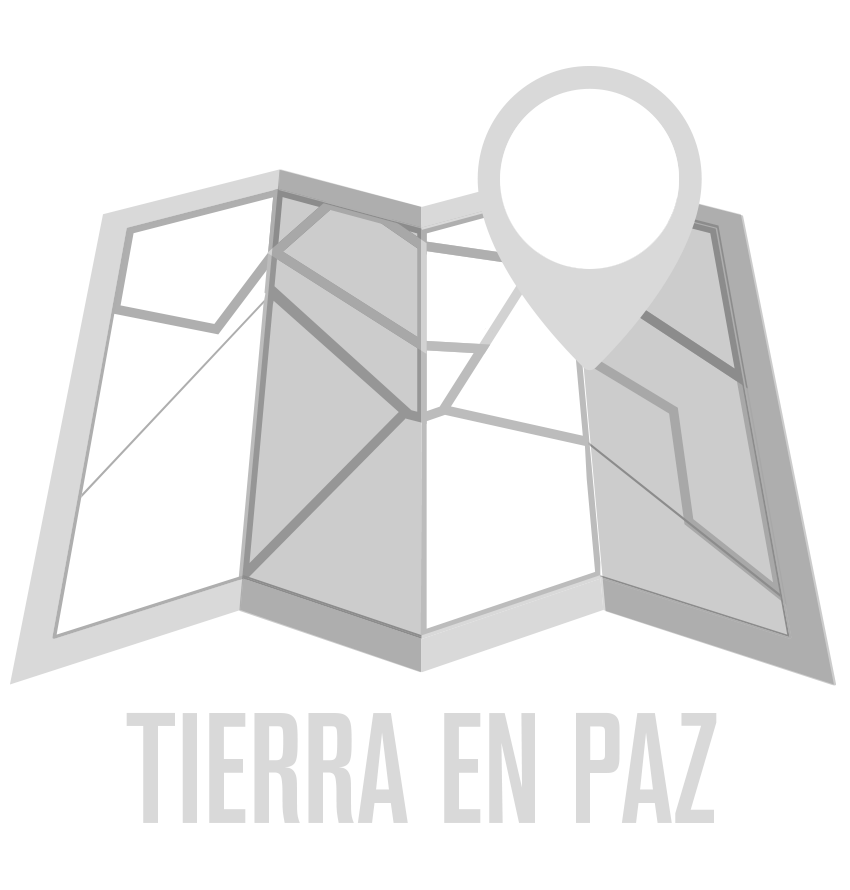Kadaster's experience at Gunmaku in GIM International magazine
Land administration and surveying processes are not simple. The particularity of the territories generates challenges for professionals and for the mapping processes of the communities themselves. For this, GIM International magazine, specialized in geomatics, selected Kadaster's measurement experience in Gunmaku, Sierra Nevada de Santa Marta, Colombia, along with different global projects to share their learning and experiences in an article for the magazine.
The article shows the work of the Kadaster team teaching the community how to measure the limits of their territory in order to expand the Indigenous Reserve. The experience includes the historical recognition of the lands, the sacred connotation of some places, the lack of cadastral information and the harsh characteristics of some areas to measure.
Kadaster has supported the Arhuaco community in Gunmaku through training processes where young people learn to use GNSS antennas and applications for data collection, allowing an exchange of knowledge and the generation of information about the territory. Youngsters and elders measured together walking the land using the equipment and sharing the history of the territory and its boundaries with new generations.
After the first measurements, it is up to the communities to continue and collect complete information on their territories. Cadastral information could facilitate negotiations with the government for the extension of the Indigenous Reserve and the protection of nature.
The article, written by Mathilde Molendijk, Laura Becerra and Nicolás Porras, shows the work in Gunmaku as an example of the use of technologies to empower remote communities in the measurement of their territories and the protection of their cultural and natural heritage.
If you want to read the full article click here to download Issue 5 of GIM International magazine and browse our website to learn more about the work of ICCO, Tropenbos and Kadaster in Gunmaku, Magdalena, and La Teófila, Caquetá.

